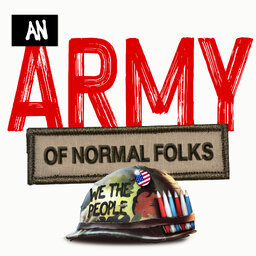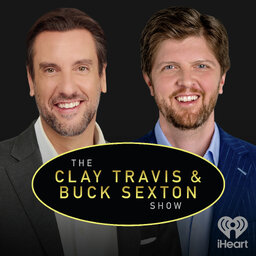Dr. Scott Morris: Serving 80,000 Underinsured Americans (Pt 2)
Scott is the founder of Church Health, the largest faith-based privately funded health clinic in the country. Over 1,000 doctors volunteer to serve 80,000 underinsured patients in Memphis!
In 2 playlist(s)
An Army of Normal Folks
Our country’s problems will never be solved by a bunch of fancy people in nice suits talking big wor…Social links
Follow podcast
Recent clips
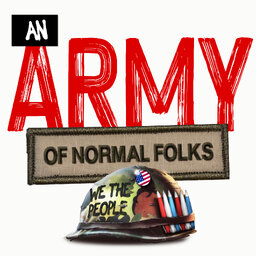
What If We Stopped Treating People Like Mascots? (Pt 1)
39:18
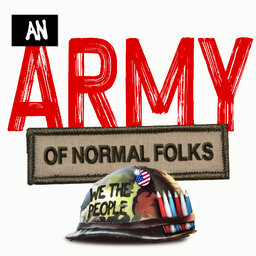
What If We Stopped Treating People Like Mascots? (Pt 2)
1:00:46
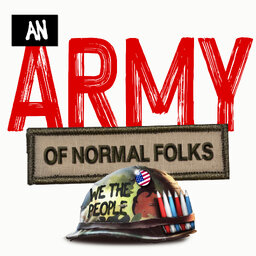
We Don’t Need More Heroes. We Need More Bowling Leagues
13:43
 An Army of Normal Folks
An Army of Normal Folks